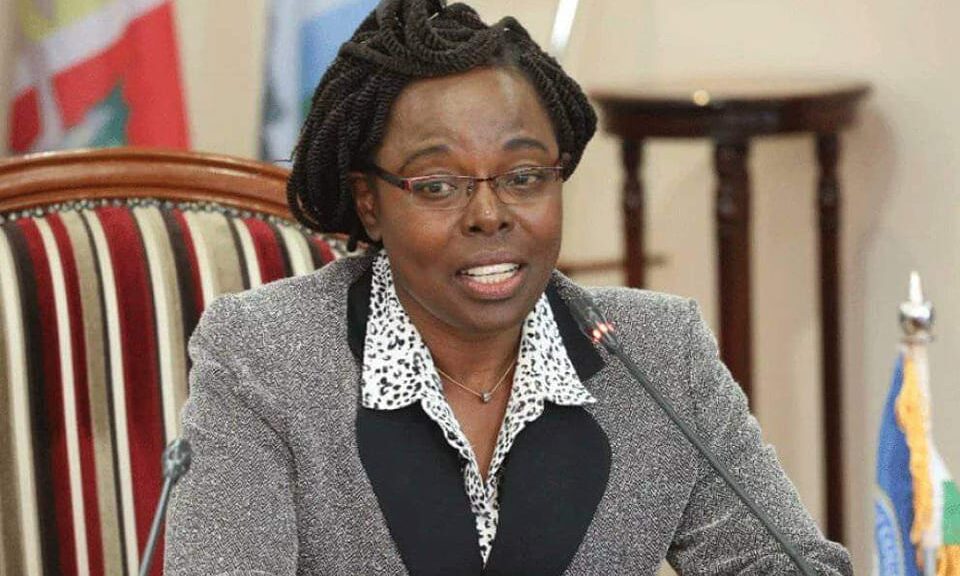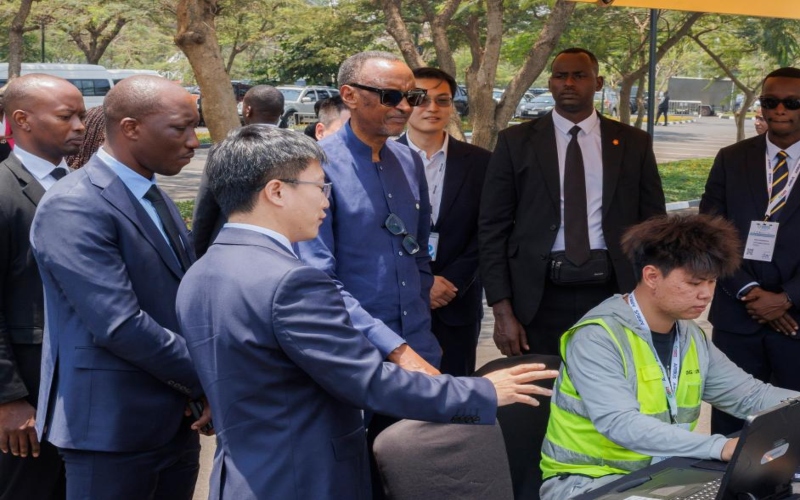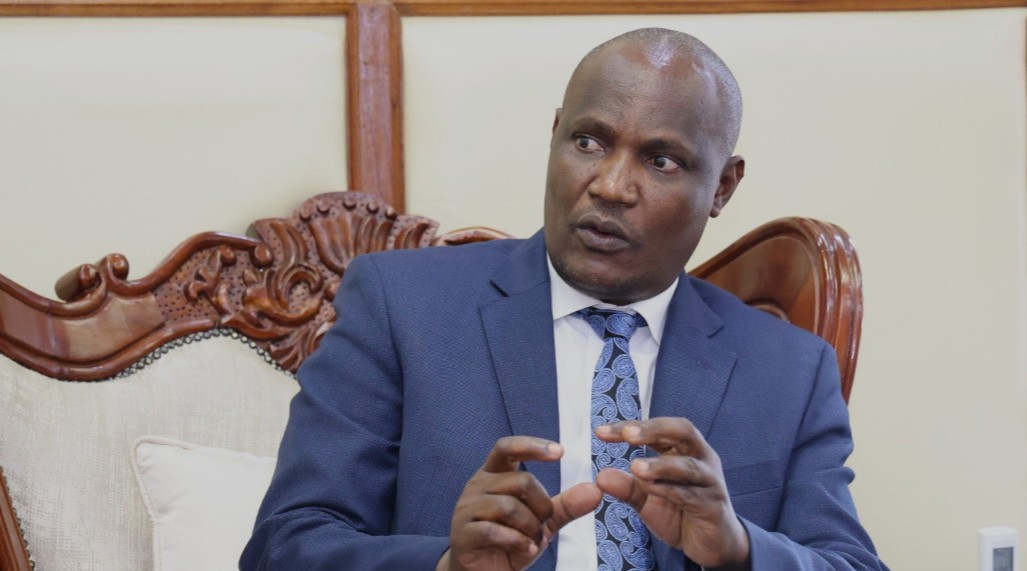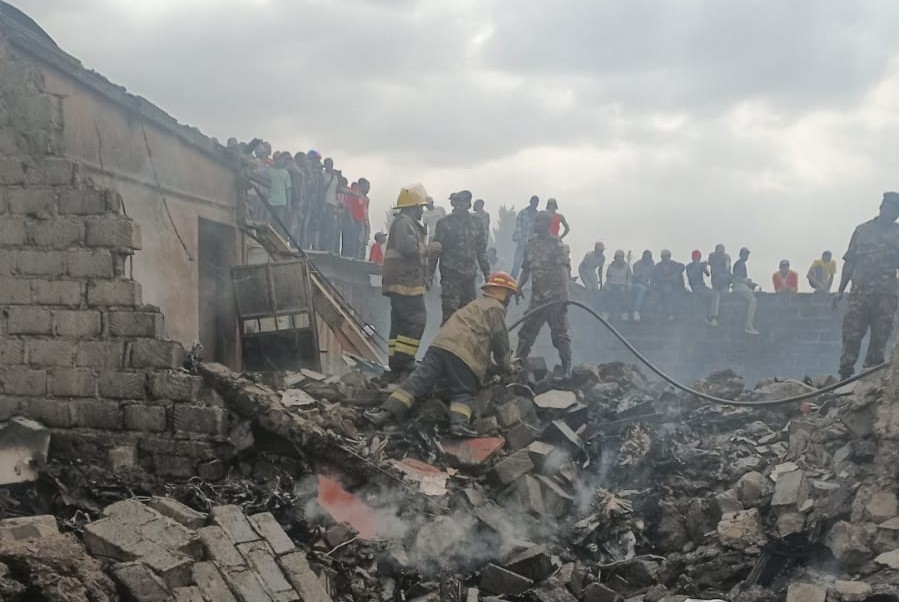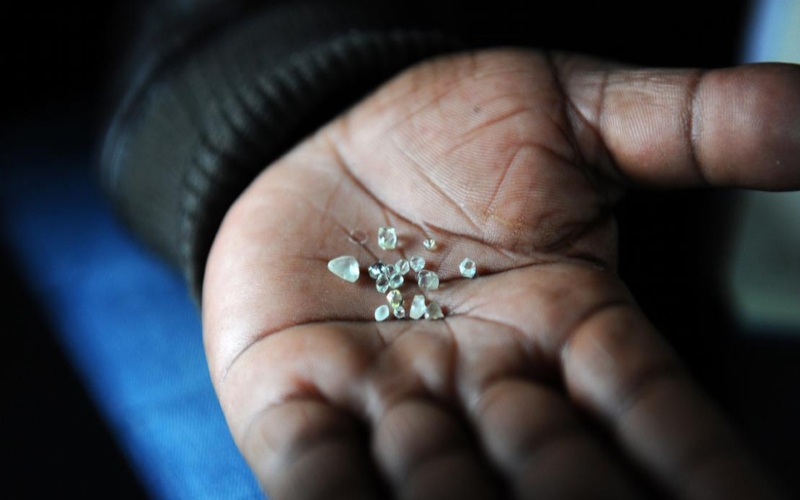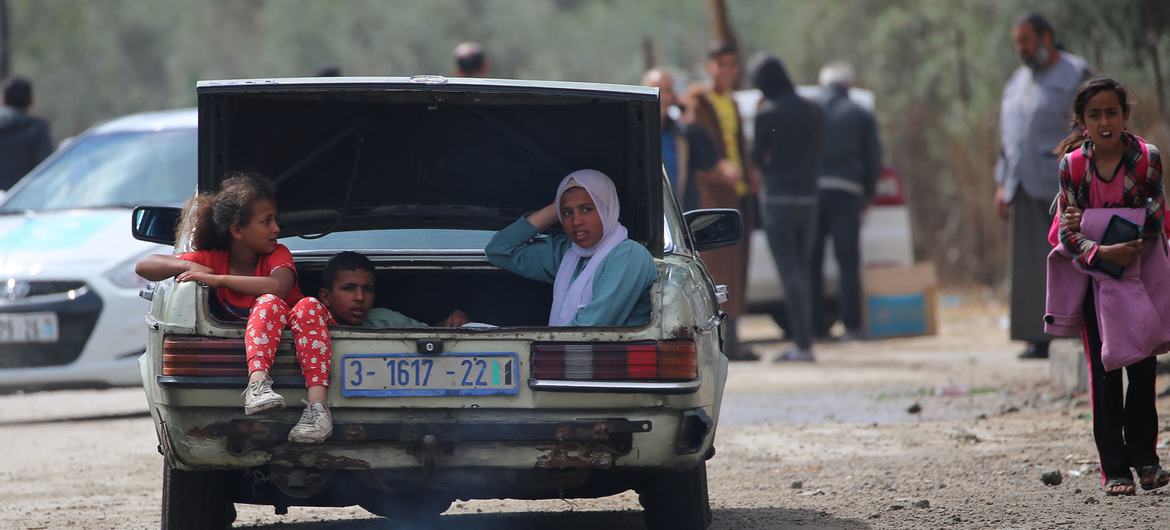Barriers to care: How systemic failures endanger teenage mothers in Kenya
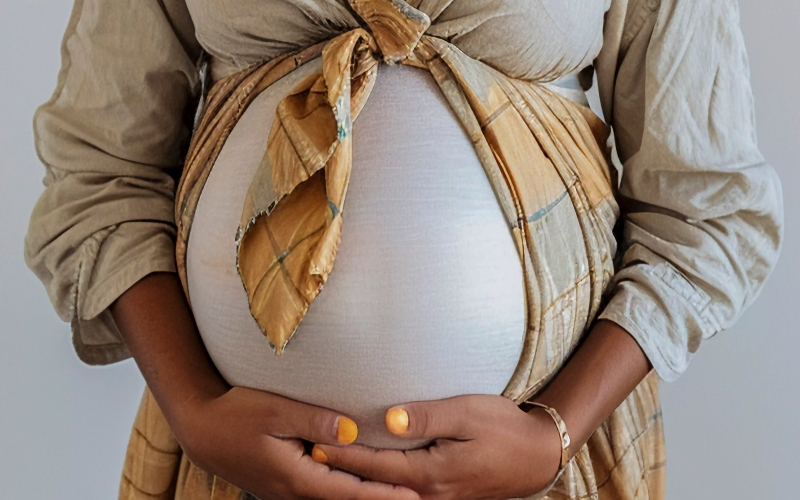
In June, I visited an informal settlement in Nairobi after The Eastleigh Voice received a distress call about Vivian, not her real name, an expectant 17-year-old who was homeless and stranded.
We found Vivian squatting at a friend’s house, having been kicked out of her grandmother’s home. As we spoke outside the modest home, which she now relied on for shelter, her face was etched with fear, confusion, and deep uncertainty.
More To Read
- WHO Africa summit urges investment to end maternal mortality
- Reprieve for women struggling with infertility as committee backs reproductive technology Bill
- Grassroots football in Kwale helps girls tackle teenage pregnancies and child marriages
- Kenya to receive Sh10 billion for maternal and newborn care
- Health lobby urges media to promote positive reporting on reproductive health
- Pregnancy without check-ups: The hidden dangers facing women in Nairobi slums
While blame had been passed around, it paled in comparison to the overwhelming anxiety she felt about her future and the imminent birth of her child.
Under the Social Health Authority (SHA), teenage mothers are entitled to support through a streamlined system, including being issued a temporary ID or unique identifier to access care. But instead, she was repeatedly redirected from one point to another.
The SHA portal requires a national ID for registration, which she didn’t have. And although she had a birth certificate, it wasn’t accepted. Everyone she turned to, from community health promoters to local health facilities, was either unaware of the process or unable to assist, leaving her trapped in a cycle of confusion, neglect and despair.
With no legal guardian to speak for her, her situation grew increasingly desperate. She missed several antenatal appointments, and without anyone to advocate on her behalf, accessing care became nearly impossible, unless someone intervened to ensure she was treated.
It was then that Lizzy, a local Community Health Promoter (CHP), reached out to The Eastleigh Voice for help to ensure Vivian is enrolled into the system, receives the care she needs and her story is highlighted publicly to create awareness.
The Eastleigh Voice consequently reached out to SHA, and her case was urgently handled. Vivian was transported to Pumwani Maternity Hospital by ambulance, a service also covered as part of the emergency intervention.
She was admitted and received the care she needed. An OTP (one-time password) was sent to Lizzy’s phone, temporarily recognising her as the acting guardian. Although the treatment cost Sh11,000, only Sh400 was paid out of pocket - the rest, including the ambulance cost, was fully waived.
Vivian successfully delivered her baby and was safely discharged. In the days that followed, The Eastleigh Voice learned that her paternal relatives had been located and had taken her and the baby in.
However, her challenges persisted. Three months later, Vivian still faces significant barriers. After relocating, she struggles to access care in her new area, as local dispensaries refuse to assist without formal identification.
Lizzy explained that, due to repeated obstacles, some CHPs have started tracing the fathers of teen mothers to register the girls or their children as dependents under the Social Health Authority (SHA), simply to unlock access to care.
“What I know is how to register someone under Form 147 and follow up. But when it comes to teen mothers, neither I nor my colleagues know the proper process,” said Lizzy.
This lack of clarity is not unique to Vivian’s case. In Kamukunji, Joy, a CHP, has also encountered numerous expectant teenage mothers turned away from health facilities due to a lack of identification.
Just this month, Joy said, several girls were denied care because they were not enrolled in the SHA system. Despite repeatedly seeking her help, she explained that even when she refers them to facilities, the girls still face obstacles; being told to wait, ignored, or met with vague promises like ‘we’ll check’.
"Personally, I don’t know how to register people properly, especially teen mothers," Joy admitted. "When they come to me for help and I refer them to a facility, they’re often turned back. It’s very discouraging, especially for those who have no money to walk from one clinic to another."
The result is a growing sense of hopelessness among these girls, many of whom eventually give up seeking care altogether, putting both their lives and their babies at risk.
“Some of these teens, when asked for documents they don’t have, simply stop going to the clinic altogether - putting their lives and their babies at risk,” she said.
In another case, a pregnant orphan living in a safe house faces a similarly precarious and painful situation as she nears delivery. Without any documentation and no clear pathway to care, she encounters immense challenges accessing the support she desperately needs.
Now, she is seeking her birth certificate through relatives, an emotionally difficult process that can reopen old wounds, especially when family members are unsupportive or unwilling to assist.
The system offers no clear provisions to protect young mothers in such vulnerable circumstances. Some Community Health Promoters (CHPs) even warn of an increased risk of home births or unsafe abortions, as the current framework no longer supports timely and accessible care for these young women.
While some teens with birth certificates manage to access services, particularly when referred to major hospitals, the situation remains dire at the grassroots level. Care is frequently delayed or denied altogether, forcing many young mothers to navigate pregnancy alone, without the essential support they deserve.
A spot check with several CHPs working in informal settlements revealed widespread uncertainty about how to properly enrol teenage mothers into the system.
The Ministry of Health launched a temporary unique ID system for teenage mothers, but at the grassroots levels - Levels 1, 2, and 3 - many young mothers still face significant hurdles. Most community health workers are unclear about where to direct these teens, often forcing them to seek care at Level 4 or 5 facilities, which are usually far from their neighbourhoods.
This distance causes dangerous delays in treatment. Many CHPs simply provide the teen’s birth certificate, but in cases where no documentation exists, care is often denied altogether. This situation raises critical questions about how indigent or undocumented teenage mothers can be identified and properly supported within the system.
Teenage pregnancy remains a significant challenge in Kenya, with about 15 per cent of girls aged 15 to 19 having experienced pregnancy, according to the 2022 Kenya Demographic and Health Survey. The likelihood of pregnancy increases with age during adolescence, rising from around 3 per cent at age 15 to over 30 per cent by age 19.
Teenage pregnancy rates are higher in rural areas (16 per cent) compared to urban centres (12 per cent), and are more prevalent among girls with little or no education and those from lower-income households.
The situation is often even more severe in informal settlements within urban areas, where poverty, limited access to healthcare, overcrowding, and inadequate sexual and reproductive health education compound the risks.
In these communities, young girls frequently face barriers to accessing maternal care and support services, increasing their vulnerability to early pregnancies and poor health outcomes.
Top Stories Today
